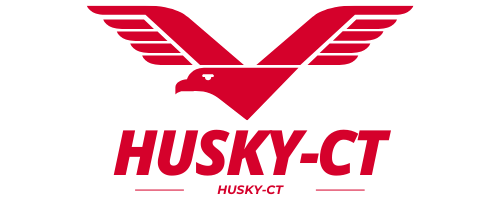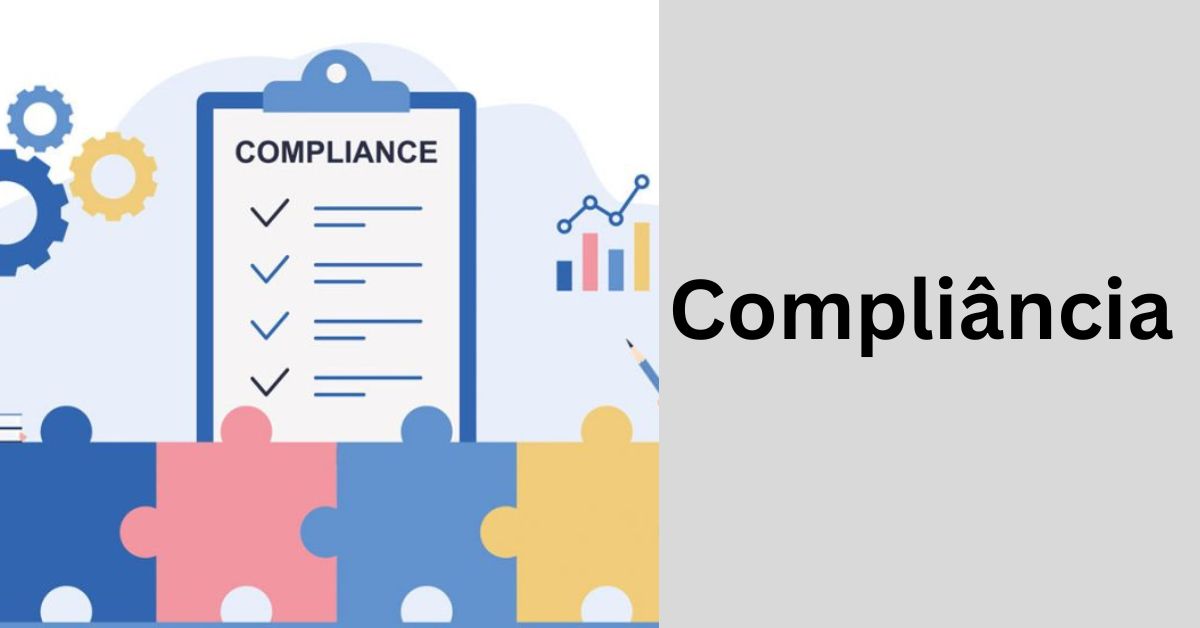Understanding Compliância – Navigating Regulations And Ethical Standards!
Compliance involves obeying rules and regulations to ensure lawful and ethical conduct within organizations or entities.
Compliance, often called “compliância” in Portuguese, encapsulates the adherence to established rules, regulations, legal frameworks, and ethical standards within various domains.
It represents an essential aspect of governance, ensuring that individuals, organizations, and institutions operate within the boundaries of laws and guidelines relevant to their activities.
Table of Contents:
The Importance of Compliance in Today’s World – Let’s Explore!
Compliance in Business:
Businesses operate within a framework of regulations and ethical standards. Ensuring compliance is crucial for maintaining transparency, reducing risks, and fostering stakeholder trust.
It involves adhering to financial regulations, data protection laws, anti-corruption policies, and industry-specific guidelines.
Compliance in Healthcare and Pharmaceuticals:
The healthcare and pharmaceutical sectors demand stringent compliance measures to ensure patient safety, data privacy, and adherence to medical standards.
Compliance in these fields involves rigorous adherence to regulations, such as HIPAA (Health Insurance Portability and Accountability Act) in the United States and similar standards globally.
Compliance in Legal and Regulatory Frameworks:
Governments and regulatory bodies establish compliance requirements to maintain order and protect the interests of citizens. These frameworks cover environmental regulations, employment laws, consumer protection, and taxation policies.
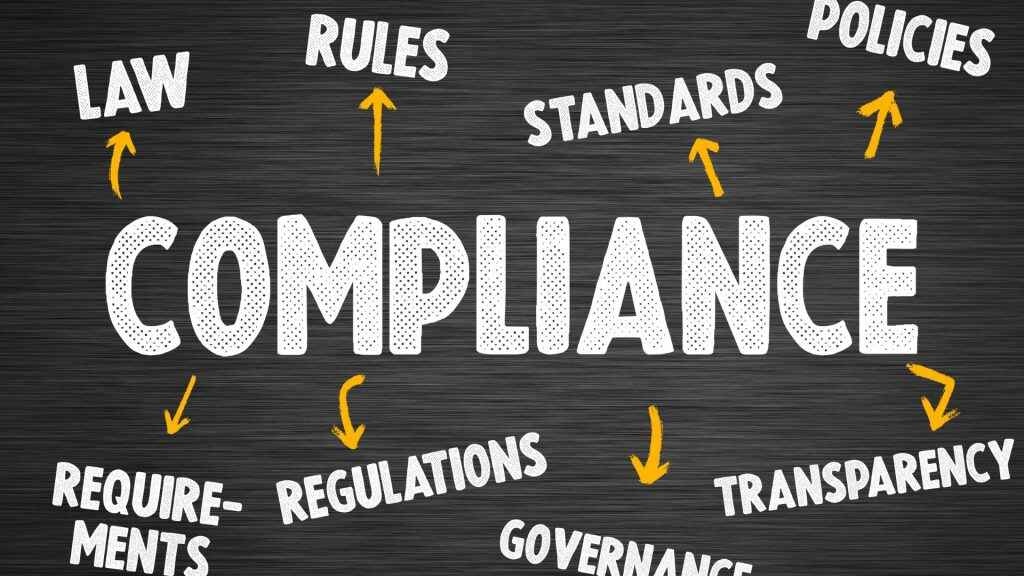
Components of Effective Compliance – Don’t Miss Them!
Understanding Regulatory Landscape:
To achieve compliance, entities must comprehend the regulatory landscape that governs their operations. This involves staying updated with evolving laws, guidelines, and industry-specific regulations relevant to their sector.
Risk Assessment and Mitigation:
Identifying potential risks and implementing measures to mitigate them is integral to effective compliance. Risk assessments help understand vulnerabilities and formulate strategies to ensure regulation adherence, preventing legal issues or reputational damage.
Establishing Compliance Programs and Policies:
Developing robust compliance programs and policies tailored to specific organizational needs is crucial. These frameworks define standards, protocols, and procedures to guide employees and stakeholders in meeting compliance requirements.
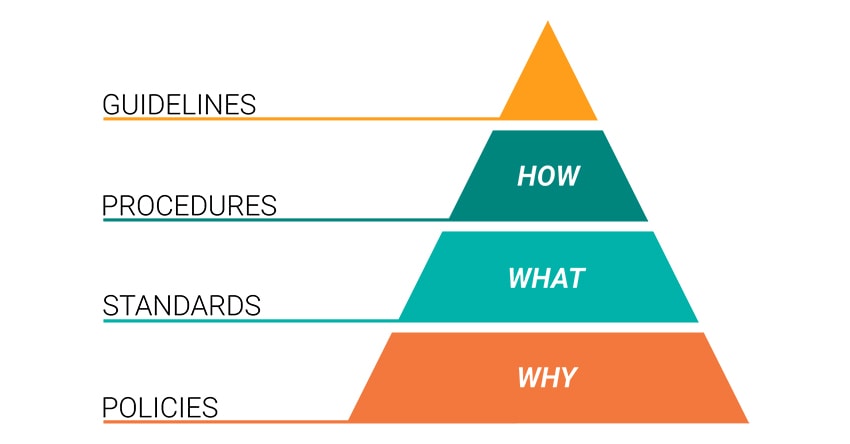
Challenges in Compliance – Valuable Info!
Complexity of Regulatory Environment:
The ever-evolving regulatory environment poses a significant challenge to compliance efforts. Navigating multiple and often conflicting regulations across jurisdictions can be daunting for organizations.
Resource Constraints:
Limited resources, both financial and human, can impede effective compliance measures. Implementing and maintaining compliance programs requires investments in technology, skilled personnel, and ongoing training.
Globalization and Cross-Border Compliance:
Global businesses face the challenge of complying with diverse and sometimes conflicting regulations across different countries. Harmonizing compliance efforts across multiple jurisdictions while maintaining local compliance is complex.
Read also: Navigating the Cryptocurrency Landscape: Evolution and Impact of Digital Assets
Role of Technology in Compliance – In-Depth Coverage!
Automation and Compliance Management Systems:
Technology plays a vital role in streamlining compliance processes through automation. Compliance management systems enable efficient tracking, monitoring, and reporting of compliance-related activities.
Data Protection and Cybersecurity:
In an increasingly digital world, ensuring compliance with data protection laws and cybersecurity measures is paramount. Technologies that safeguard sensitive information and ensure its lawful usage are crucial for compliance.
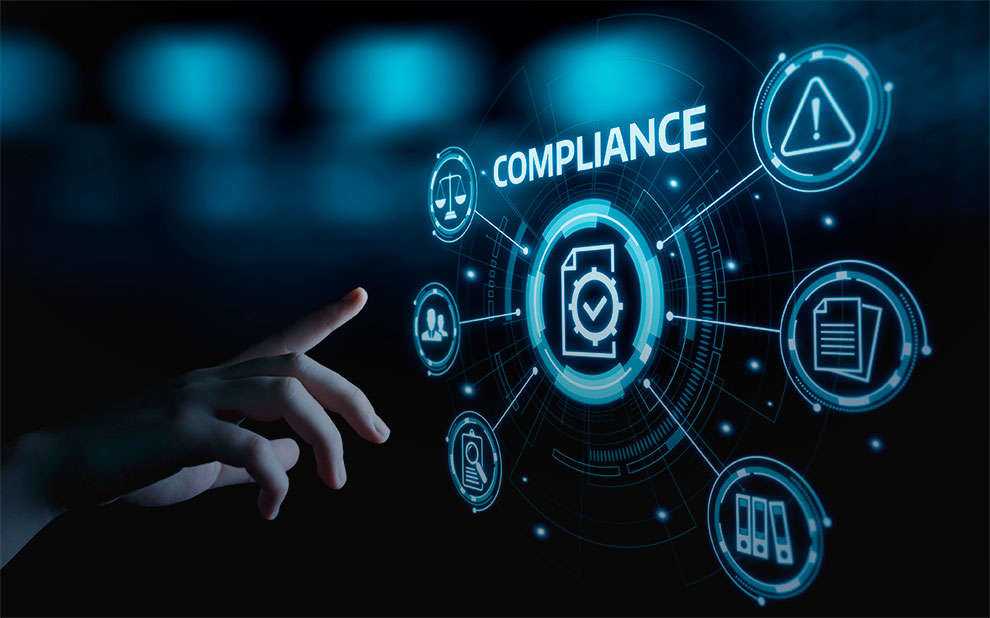
The Evolving Landscape of Compliance – Discover Valuable Intel!
Adapting to Regulatory Changes:
The regulatory landscape is constantly evolving, necessitating adaptability from organizations to comply with new laws and regulations.
Regulatory bodies introduce amendments and new mandates to address cybersecurity threats, data privacy concerns, and environmental sustainability.
Ethical Compliance in Corporate Governance:
Ethical compliance within corporate governance emphasizes integrity, fairness, and accountability in business practices. Ethical codes of conduct guide organizations in upholding values, ensuring fair treatment of stakeholders, and maintaining a responsible corporate culture.
Read also: Demystifying Investment: A Comprehensive Guide to Building Wealth and Financial Security
Compliance Culture And Organizational Behavior – Remember Them!
Embedding a Culture of Compliance:
Building a culture of compliance within an organization requires commitment from leadership and employees at all levels. Fostering a compliance-conscious environment encourages ethical behavior, promotes accountability, and mitigates risks associated with non-compliance.
Training and Education on Compliance:
Educating employees about compliance regulations and the importance of adherence is crucial. Comprehensive training programs empower staff to recognize compliance risks and understand their roles in upholding regulatory standards.
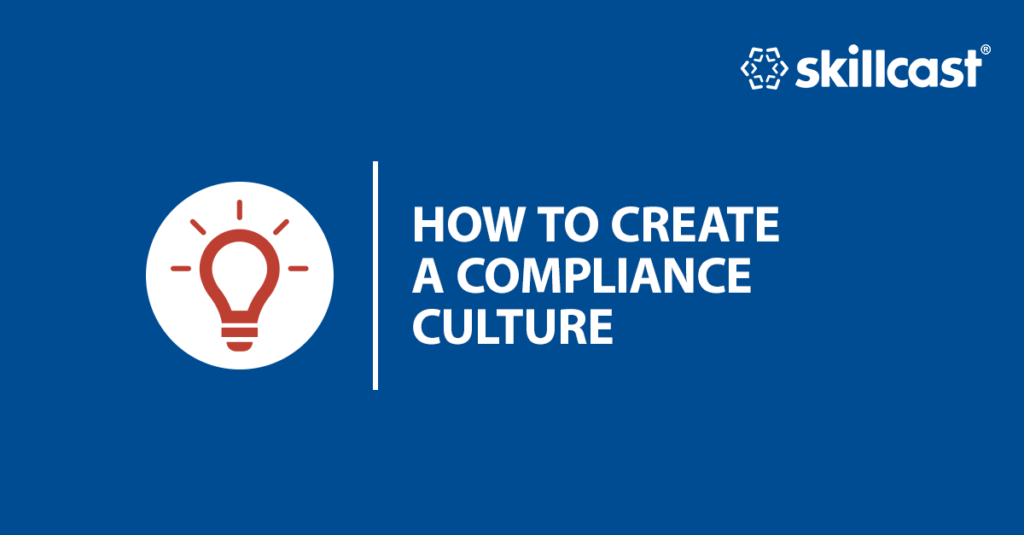
Measuring Compliance Effectiveness – Get to Know!
Key Performance Indicators (KPIs) for Compliance:
Establishing KPIs allows organizations to assess the effectiveness of their compliance efforts. Metrics such as the number of regulatory breaches, response times to compliance issues, and completion rates of compliance training aid in measuring compliance performance.
Audits and Monitoring Compliance Activities:
Regular audits and continuous monitoring help identify areas of non-compliance and ensure corrective actions are taken promptly. Monitoring mechanisms enable real-time detection of compliance deviations, minimizing potential risks.
Collaboration and Transparency in Compliance – You Should Know!
Stakeholder Engagement and Transparency:
Engaging stakeholders, including employees, customers, regulators, and communities, fosters transparency in compliance efforts. Open communication and collaboration build trust and demonstrate an organization’s commitment to ethical conduct.
Public Reporting and Accountability:
Public reporting of compliance activities showcases an organization’s commitment to transparency and accountability. Publishing compliance reports and disclosures helps stakeholders understand the organization’s compliance performance.
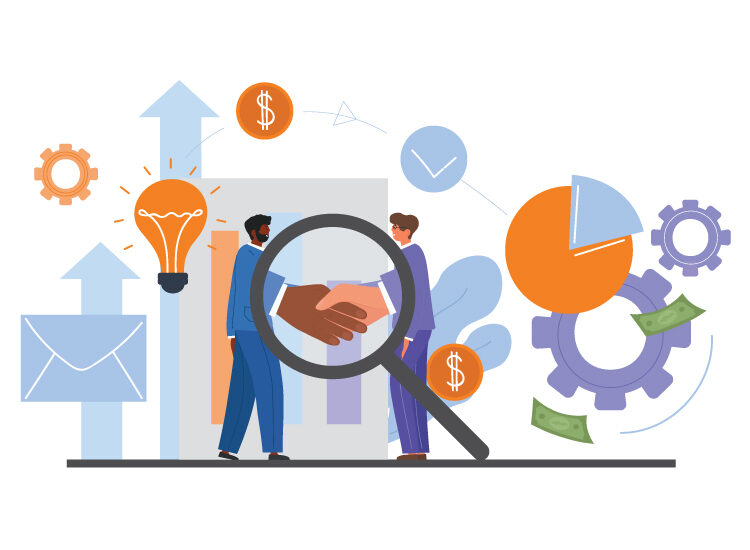
Future Trends in Compliance – Let’s Discover!
Technology-driven Compliance Solutions:
Integrating artificial intelligence (AI) and machine learning in compliance processes streamlines monitoring, risk assessment, and predictive analysis. Automated compliance solutions offer real-time insights and enhance efficiency in meeting regulatory obligations.
ESG Compliance Sustainable Responsibility:
There’s a growing emphasis on ESG compliance, focusing on environmental impact, social responsibility, and governance practices. Organizations aligning with ESG criteria demonstrate commitment to sustainability and ethical business practices.
FAQs:
1. What does compliance or “compliância” mean in business contexts?
Compliance in business refers to following laws, rules, and ethical standards relevant to an organization’s operations.
2. Why is compliance essential for organizations?
Compliance mitigates risks, ensures legal adherence, builds trust, and fosters ethical behaviour, avoiding penalties and reputational harm.
3. What are some common areas of compliance in businesses?
Data protection, financial regulations, anti-corruption laws, industry-specific standards, labor laws, and consumer protections.
4. How can organizations ensure effective compliance practices?
Establishing robust programs, conducting regular risk assessments, providing comprehensive training, and fostering a compliance culture.
5. What role does technology play in compliance efforts?
Technology aids with compliance management systems, AI-driven analytics, automation, secure data handling, and improving transparency and efficiency.
Conclusion:
Compliance means following rules and standards to ensure businesses operate legally, ethically, and responsibly.
Compliance is a cornerstone of ethical governance, ensuring adherence to rules, regulations, and standards across diverse sectors. Upholding compliance fosters trust, mitigates risks, and promotes transparency in operations.
As the regulatory landscape evolves, organizations must prioritize compliance efforts, leveraging technology and robust frameworks to navigate the complexities and uphold integrity in their practices.
